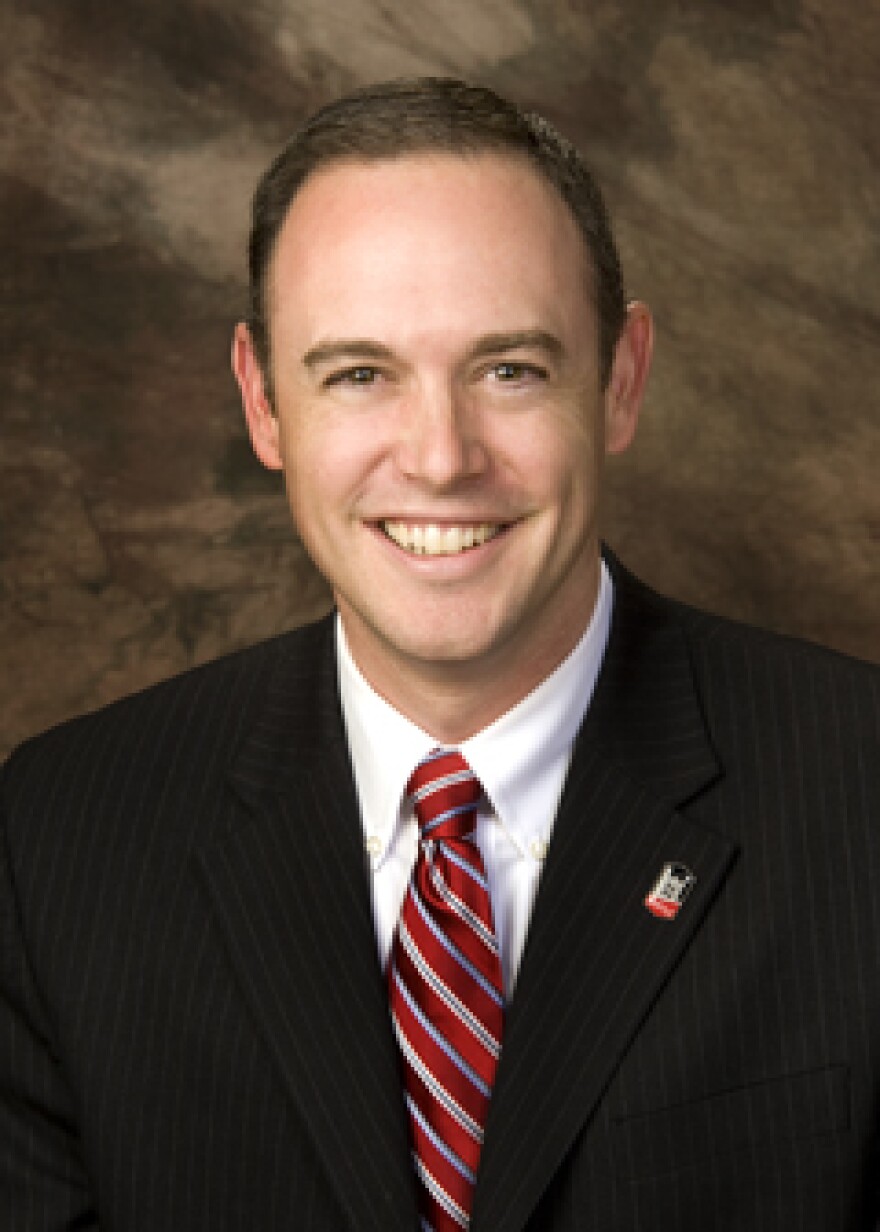The approval of controversial nominee Betsy DeVos as the next U.S. Secretary of Education took a historical twist Tuesday.
Vice President Mike Pence – barely over two weeks into his term – cast a tie-breaking vote in his Constitutional role as President of the U.S. Senate.
That was the 246th time that a vice president had to resolve a Senate deadlock, but it was the only time such a vote was cast to decide a cabinet appointment.
Northern Illinois University Political Science Prof. Matt Streb says that is because of a strategic rule change by Senate Democrats in 2013.
“The Democrats were their own worst enemy,” he said. “The Democrats had the filibuster option before; they could have prevented Betsy DeVos from being confirmed.”
But the Democrats had eliminated the filibuster for most appointments, Streb explained, because Republicans were using it to block so many of President Barack Obama’s judicial nominees.
“They’ve tied their hands in terms of how well they can prevent (President) Trump’s nominees from being confirmed,” he added.

There are 52 Republicans in the Senate, 46 Democrats, and two independents – who usually vote with the Democrats. For the DeVos vote, two Republicans crossed the line to vote with the Democratic bloc, resulting in the tie. Pence’s vote sealed the nomination.
That seems to indicate that the remainder of the nominees will be accepted as well, Streb said.
“You need three Republicans – for any of these nominees – to jump sides, and it’s going to be very difficult to find three Republicans who will do that,” he said.
DeVos’s qualifications to be Education Secretary – “She’s not a practitioner … she’s a political operative,” Streb says – probably are the poorest among any of the cabinet picks.
Controversial choices still awaiting final approval include Attorney General nominee Sen. Jeff Sessions, Health and Human Services hopeful Rep. Tom Price, Housing and Urban Development designate Ben Carson, and Treasury Secretary selection Steve Mnuchin.
Streb believes that Tuesday’s approval of DeVos means the other nominees aren’t likely to be blocked.
“She’s probably the weakest of the nominees that have been put forward,” he said, “and the fact that Democrats couldn’t convince three Republicans to switch for her, it’s going to be very difficult to think that they’re going to be able to do it.”
But Streb thinks that President Trump and his cabinet may have something of a surprise waiting for them when all the offices are filled and they begin attempting to implement policies.
“You have all these people who are going to be somewhat hostile to all these in some ways to the agencies they’re running,” he said, “but you’ve got civil servants who believe very strongly … in those causes.”
Streb said the cabinet secretaries are going to be frustrated because they will find they’ll be getting “pushback” from the career bureaucrats.
“Governing is much different from campaigning,” he said. “You can sit there and say ‘We’re going to do X,’ but all of a sudden actually implementing X is going to be very difficult.”
That, he says, is what will frustrate President Trump.

